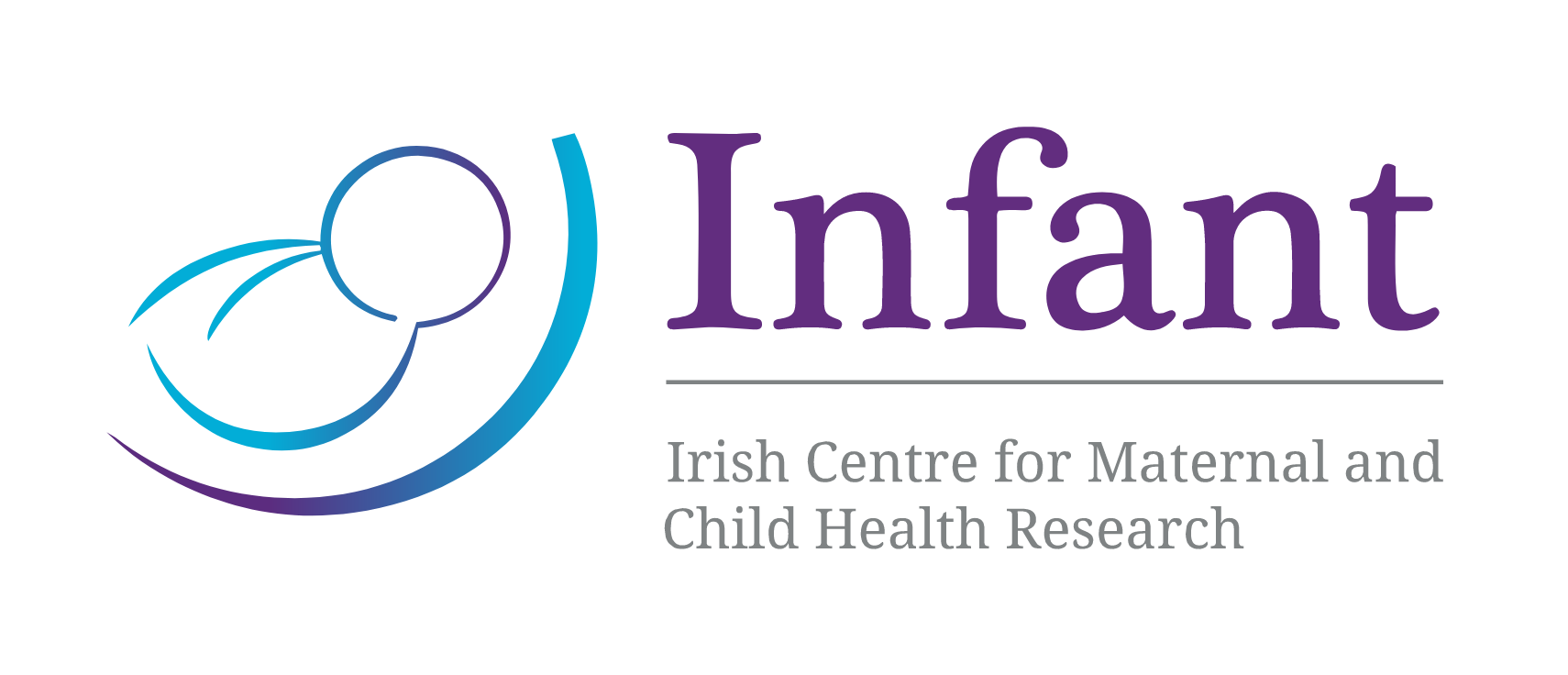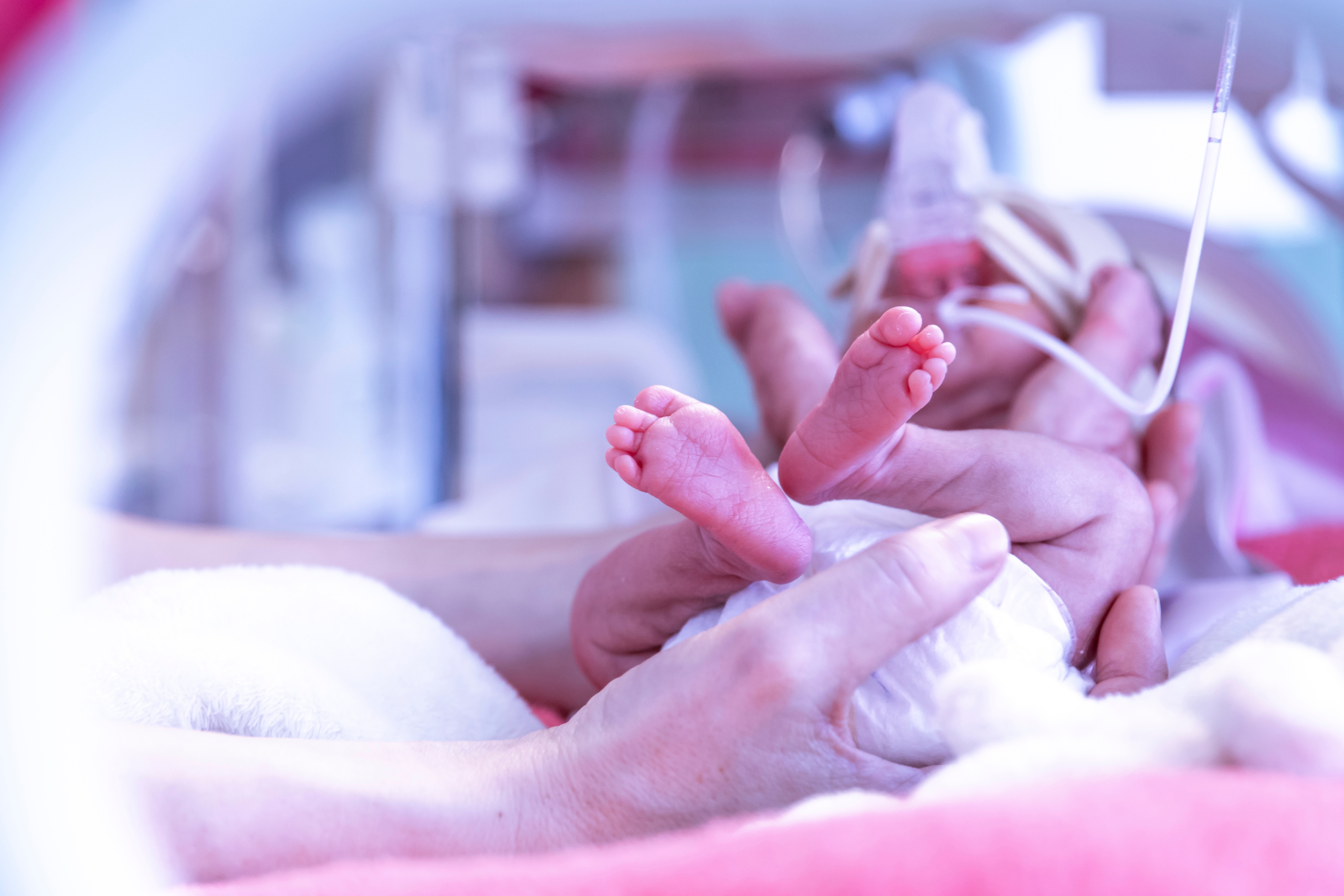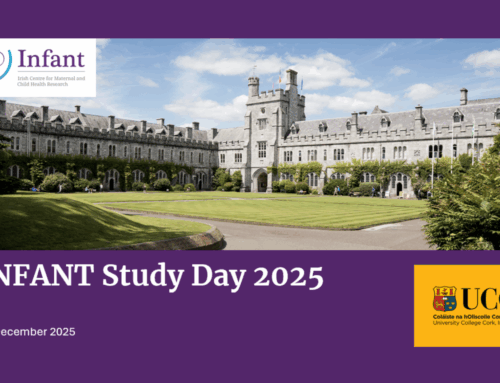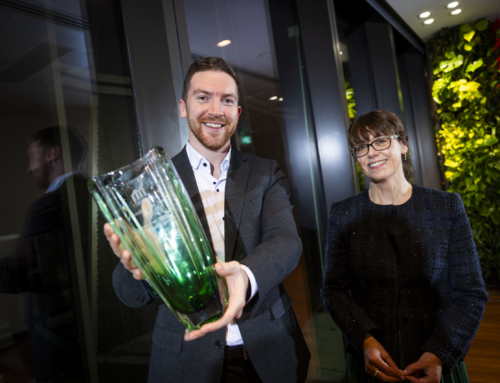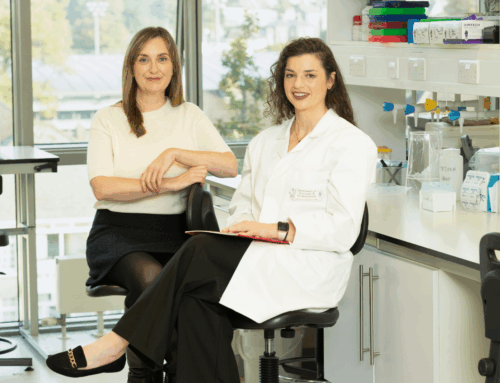- Researchers develop new prediction tool to identify cognitive impairment
Impaired cognition among preterm infants can be predicted prior to discharge from neonatal care, new joint Irish and Swedish research shows.
Each year, 2.2 million infants are born very preterm (VPT), that is, at a gestational age (GA) younger than 32 weeks. Children born very preterm are at risk of cognitive delay which can predict later learning difficulties at school age. It is currently difficult to predict at the individual level which children are most at risk, and which children would benefit most from preventative interventions. Many of the current interventions are highly resource intensive—commencing in the hospital, followed by frequent visits to the families in their homes.
Researchers from the Irish Centre for Maternal and Child Health Research(INFANT) at University College Cork, Ireland and Karolinska Institutet, Sweden examined data from the Swedish Neonatal Quality Registry and used machine learning (AI) to identify the most important risk factors for delayed cognitive development. The data from 1062 very preterm babies, all of whom had been carefully assessed at the age of 2 years, was examined to help develop a predictive model.
Through this study the research team have developed a predictive model, containing 26 risk factors, which at discharge from the neonatal unit identified 93% of surviving VPT infants who would later screen positive for cognitive difficulties at 24 months.
The study also found that in addition to known risk factors such as low birth weight, male gender and neonatal cerebral hemorrhage, prolonged ventilator treatment and lack of breastfeeding at discharge from neonatal care were identified as important risk factors for delayed cognitive development 2 years after discharge.
Mikael Norman, Professor of Pediatrics at the Department of Clinical Science, Intervention and Technology, Karolinska Institutet, Stockholm, Sweden and lead researcher of the study said “This is an important step towards tailoring preventative interventions to the most needy children already upon discharge from neonatal intensive care. There is effective help available today, but it is often very resource-intensive and therefore may not be available to everyone. Therefore, new prediction tools like the one we developed are needed.”
Professor Deirdre Murray, Chair in Early Brain Injury and Cerebral Palsy, Consultant Paediatrician and Paediatric Research Lead at INFANT Research Centre commented on the findings “This is an exciting collaboration which combined the machine learning expertise of the INFANT centre and the world-leading perinatal databases of our Swedish collaborators. We need to improve our ability to predict those pre-term children who are highest risk of learning difficulties down the line. Improved early prediction will ensure that they have targeted follow up and will help us to find effective early interventions.”
Dr Bowe, corresponding author and INFANT, Irish Clinical Academic Training Programme (ICAT) funded PhD student said “Babies born very preterm are at risk of later cognitive difficulties. Early intervention can help but it is currently difficult to predict at an individual level which babies need this most. This study used routinely collected information from pregnancy, birth, and early life to identify which babies are most in need of early intervention.”
The study was based on the follow-up program set up by the Swedish Neonatal Association for very preterm babies, and on reporting to the Swedish Neonatal Quality register for neonatal care (www.snq.se). The data analysis was done in collaboration with Professor Deirdre Murray, Dr Andrea Bowe and Prof Gordon Lightbody at the INFANT Research Centre, University College Cork, Cork, Ireland, and Prof Anthony Staines in Dublin City University, Ireland.
The study was mainly financed by Region Stockholm and Karolinska Institutet (ALF 2020-0443) and the Childhood Foundation of the Swedish Order of Freemasons in Stockholm. Mikael Norman has acted as medical advisor for the Swedish Patient Insurance, received lecturer fees from Chiesi Pharma, and royalties from Studentlitteratur AB. Dr Andrea Bowe is funded by the Irish Health Research Board and Wellcome Trust co-funded Irish Clinical Academic Training Programme (ICAT) (Grant Number 203930/B/16/Z)
Link to press:
